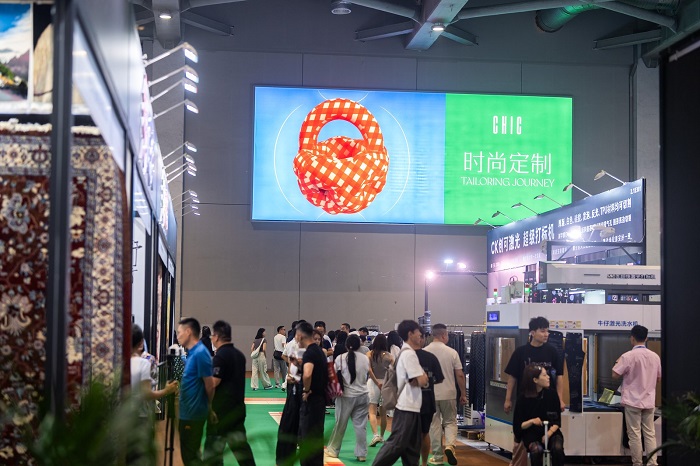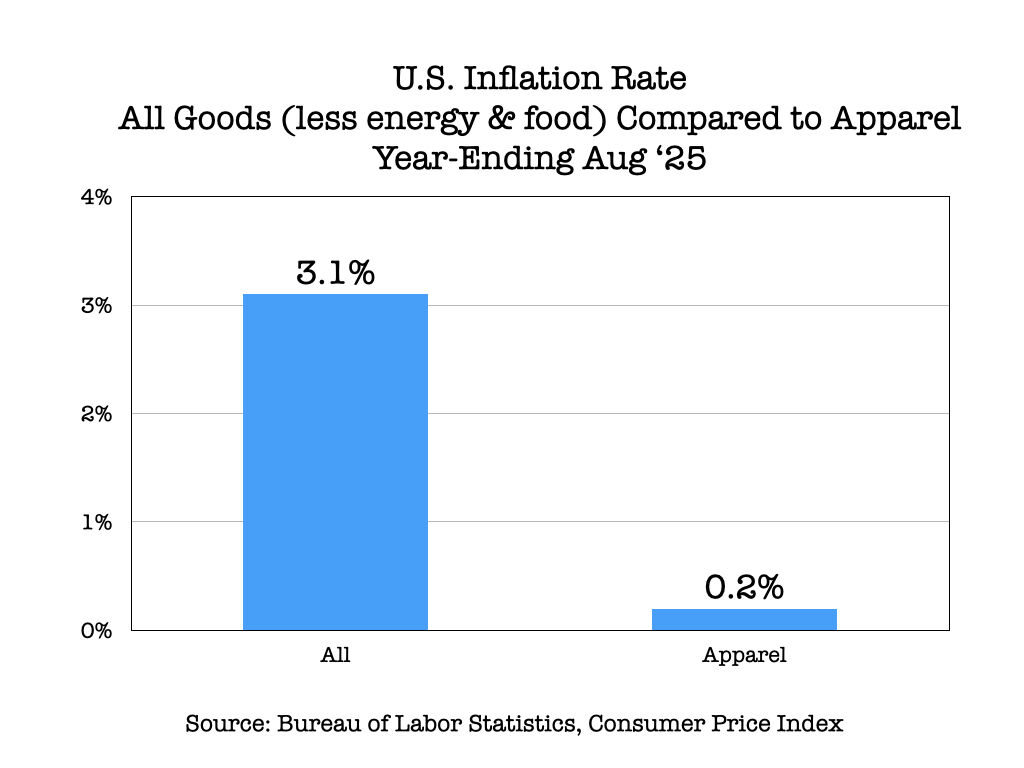FW
The US is thinking of rejoining TPP.
The reason is that eight member countries of TPP out of 12 members are largely dependent on imports from China. The US hopes they will clamor for American support to dampen Chinese exports.
China is an export based economy. Trade accounts for 37 per cent of its GDP. China depends substantially on TPP for its exports. TPP accounts for 49 per cent of China’s global trade.
The eight member countries of TPP, which are the concentration of China’s exports, are USA, Japan, Vietnam, Singapore, Malaysia, Australia, Mexico and Canada. They accounted for 97 per cent of China’s exports to TPP in 2015. China’s substantial exports to these countries created the big trade deficits of these countries.
The major components of China’s basket of exports to these eight member countries were electric and mechanical machinery and equipment. Nearly one-fourth of Chinese exports to Japan relate to electrical machinery and equipment. In the case of Vietnam, the share was 35 per cent in 2015.
This means that to wean away Chinese predominance in these countries, the US has to supplant Chinese exports of electrical and mechanical machinery by offering competitive pricing after reaping the benefits of low or no tariffs in the region.
Prominent UK retailers are supporting Cotton Egypt Association’s accreditation process. The process, launched by the Cotton Egypt Association (CEA), to help eliminate falsely labeled Egyptian Cotton goods from the supply chain, uses DNA testing to verify fiber content.
Manufacturers who do not meet the new criteria are no longer licensed to produce Egyptian Cotton products or use the trademarked logo.
The CEA’s initial focus will be on products in the US, Canada, Egypt, Europe, Australia and India. Developed by Bureau Veritas, the testing method has also been recently endorsed by The UK home furnishings chain Dunelm Group.
Cordura, Tencel and Artistic Milliners have partnered on SuperCharged Noir, a bold, black performance denim portfolio.
The collection not only addresses the need for a long-lasting black color, but also touches on the other trends consumers are looking for today, including softness and sustainability.
SuperCharged Noir has been inspired by five components: stay-true color, enhanced strength, engineered soft comfort, sustainable innovation and performance stretch. The fabrics are designed to stand up to the challenges of an active lifestyle to combine durability and flexible comfort.
Invista’s nylon 6,6 Black SDN fiber technology brings a new dimension in stay true color and enhanced strength and abrasion resistance to the collection, while Tencel fibers and Artistic Milliners complement those attributes with added color fastness, softness, sustainability and stretch.
This collection introduces a different angle that the marketplace has been aiming for: a durable fabric with added color-fastness to help clothes look and stay newer longer. The collection is infused with color-fastness locked in at the fiber level for excellent shade consistency and long-lasting vibrancy.
Cordura is a brand belonging to Invista. Tencel is a Lenzing brand.
The SuperCharged Noir collection aims to reach both fashion and workwear brands as well as kids’ wear designers who are looking for a durable, comfortable and responsible denim product for their customers.
Spanish-based global brand ZARA was recently accused by Southern African Clothing and Textile Workers Union (SACTWU), an affiliate of the IndustriALL Global Union, of producing designs with a strong similarity to a local designer’s collection.
Zara conceded to its guilt by withdrawing some of the merchandise that had appeared in stores in South Africa, the US and UK.
SACTWU is now urging Zara to work with local designers and clothing factories to create more jobs in the garment sector.
According to the union, the “cut-and-paste” of designs by big multinational companies ignores the “little folk” whose businesses are vulnerable to such practices and can collapse as a result. The union argues that the niche market is the lifeblood of small boutique brands and can be easily killed off by mass production by big retailers like Zara.
Champion Thread Company, based in the US, is known for innovative sewing threads. The Champion Soft Stitch ultra-soft thread is a specialty purpose thread designed to meet the requirements of stretch garments that are worn close to the skin and require extreme seam elasticity. Champion Poly Champ Core is a very popular staple polyester-wrapped thread that is ideal where high seam strength and high sewing productivity is required.
The company is also known for engineered yarns, narrow fabrics, product packaging and identification solutions, trim components, and unmatched industry expertise to help global textile, protective apparel, home furnishings, automotive, agricultural, industrial and other manufacturers solve their product, production, and supply chain challenges.
The family-owned and operated business is dedicated to providing high-quality products at competitive prices. It will exhibit its latest innovations at Texprocess Americas, May 22 to 24.
Located within the largest-ever Supply Chain USA Pavilion, the company will feature several new and most popular products, sponsor a special evening industry event, and hold an in-booth promotion to welcome its customers and visitors.
Based on its record setting results at the last show, it’s anticipating another robust event this year. It is ready to welcome a broad range of domestic brands and manufacturers as well as those from across Latin America and other textile-producing regions. It aims at helping its clients solve their toughest thread, production, and supply chain challenges.
Kraig Biocraft Laboratories has opened a subsidiary in Vietnam called Prodigy Textiles.
This will be Kraig’s spider silk production arm.
Vietnam has been the focus of the company’s efforts to launch commercial scale production of recombinant spider silk, due to the country’s existing silk production infrastructure. Kraig estimates that it can produce its recombinant spider silk at prices similar to ordinary silk, giving the company a tremendous competitive advantage.
Kraig Biocraft, based in the US, is a developer of spider silk based fibers and focused on the commercialization of new textiles and high performance fibers including spider silk. As the leading developer of genetically engineered spider silk based fiber technologies, Kraig has been able to achieve a series of scientific breakthroughs in the area of spider silk technology.
The company has produced the first recombinant spider silk cocoons from the new line of hybrid transgenic silkworms recently created at its production and research facility. This new hybrid line was created by combining one of the company’s best performing recombinant spider silk lines with a commercial strain, resulting in the largest cocoons in the company’s history.
The first generation cocoons from this hybrid cross have exceeded the company’s expectations, with some cocoons nearly twice as large as the original spider silk line cocoons.
India is ready and willing to assist in development in southern African countries like Botswana, Swaziland, Lesotho and Mozambique.
The aim is not to offer one solution, but something meant for each of the countries in the southern African region.
India’s commitment to trade relations with Africa is very strong and efforts are on to find out how the credit extended for project financing in some of these countries can be further improved. The steps would further benefit the countries where these projects are going to be implemented.
India as a country is much larger than its African partners. A joint study group would be set up to explore these ideas further. The relationship at the political level is very high and very good, but a similar relationship is needed in the economic sphere, which will benefit the populations.
India has had colonial struggles similar to Africa’s. So Africa considers this a win-win situation based on mutual interest and is keen to partner with India in various sectors of the economy.
India’s exports to South Africa account for 15.4 per cent of India’s total exports to Africa. India’s other major export partners are Kenya, Egypt, Tanzania and Nigeria. These regions together account for around 34 per cent of total Indian exports to Africa.
Global Organic Textile Standard will hold 'GOTS India Seminar 2018 on May 29 at Le Méridien Coimbatore, India. The theme for this seminar is ‘Sustainability as Key to Business Efficiency’.
The one-day seminar, through its focused and challenging discussions, shall address issues relevant to the organic textiles industry. It shall equip delegates with best practices relating to the biggest opportunities and challenges, thus helping them transform their supply chains to achieve efficiency through sustainability.
It will address key issues such as , Sustainability in fashion industry, which will involve a survey of the current trends in eco-fashion domain, priorities and experiences of conscious buyers, integration of organic textiles in the products of Indian and international brands.
The other subjects in the seminar are Chemical and environmental compliance and Future of compliances and standards
The average GDP growth in India is expected to rise to 7.8 per cent year-on-year in the first half of 2018 from 7.2 per cent in October-December 2017.
The economy is likely to witness a cyclical recovery driven by investments as well as consumption despite worsening net exports.
The recovery started in the second half of 2017.
Growth may start to moderate in the second half of this year towards 6.90 per cent due to rising oil prices, tighter financial conditions and a likely slowdown in investment activity ahead of the national elections.
Rising oil prices are changing the macro dynamics and may put pressure on inflation.
With a 13 per cent share, the textile sector is one of the major contributors to India’s export earnings.
However, the sector has been under pressure of late. While, apparel exports have grown at a subdued pace due to intense competitive pressures, yarn exports have also remained under pressure given the decline in demand from China as well as the country’s losing share in the Chinese yarn market.
Adequate budgetary allocation for schemes such as refund of state levies and interest subvention benefits can help improve the competitiveness of textile exporters and improve textile export growth.
Beginning with a Blue Seal award and running up to the highest Gold Seal award, these courses offer training for all - from beginners to advanced. Across the UK there are 120 venues. A team of 60 instructors services the courses, which are run at local centers – some at colleges and some on farms.
British Wool is an agricultural co-operative representing around 40,000 producers.
The aim is to provide a platform for people to learn and improve their skills.
Online courses accounted for 33 per cent of the attendances last year. This year, British Wool expects even more – especially as a ten percent discount is given for online courses.
For 2018, British Wool has additional advanced courses. The advanced courses are specifically tailored for those who need to fine-tune their existing skills and for those who want to go on to compete and travel around the world. These courses will improve skill and output and make shearers more commercially productive giving them a competitive edge. The instructors are very experienced and have a high profile in their respective countries.
In addition to mechanised shearing, which deals with large numbers of sheep, British Wool runs courses for wool-handlers. Correct wool-handling on the farm brings many benefits to the farmer, and the course teaches the importance of the fiber and how excellent fleece presentation maximises the value of the wool.












